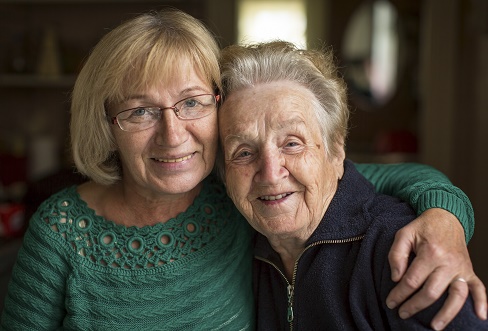
We frequently hear about “role reversal” when grown children are confronted with dealing with parents whose self-sufficiency or safety is at risk. Role reversal has many facets and challenges for both seniors and their grown children.
Psychology
The psychology of role reversal is problematic in that a senior’s living circumstances dictate a change in relationship whereby grown children assume an authoritative position in an effort to protect or safeguard their parents. This change is precipitated by need and is often refuted by the parent. The psychological challenge, whether verbalized or not, is that the grown child assumes parental authority at the expense of the senior’s perception of his or her independence, traditional role as parent, or fitness to life. The best approach to this vexing problem is for the grown child to become an advocate for his or her parents rather than presuming a role of authority.
Sibling rivalry and discordant family dynamics.
Advocacy optimally creates an expansion of relationships that can be healthy or even healing. However, the emergence of a parent’s needs that require immediate attention can also exacerbate sibling rivalries, especially if one child assumes control without consent or if the siblings are in disagreement on the condition or needs of the parent. If handled well, the expansion of relationships with parents and siblings may provide the framework to heal old wounds or mitigate unresolved resentments and differences.
Where to live and how to adjust
With advocacy in play, a senior’s self-determination should always be honored as long as safety, security, and financial resources are accommodated. If a senior wants to remain at home and can do so safely with professional caregiving services, his or her desire should be honored. If it is clear that remaining at home is not the best option and if the senior is mentally incompetent, then family members must intercede. The approach of grown children in this circumstance should always be sensitive and supportive such that parents do not feel their children are dictating terms whereby they have no voice.
Regardless of how many faces are presented in role reversal, it is only through sensitivity, empathy, warmth, and connection that results are best obtained.
Editor’s Note: This article was submitted by Cary Rotter with Comfort Keepers Memphis


Comments